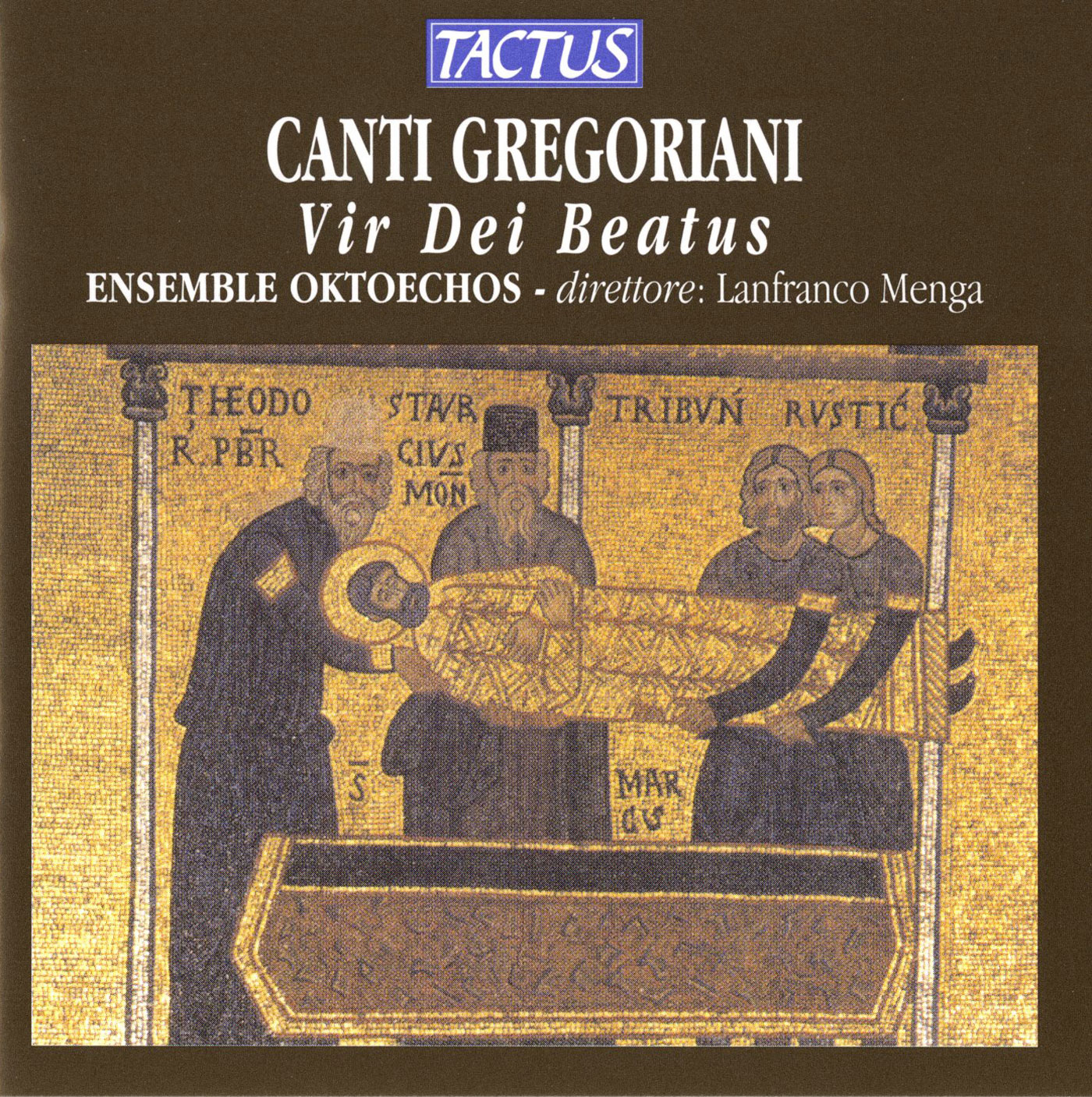CANTI GREGORIANI
The liturgy of St. Mark’s basilica in Venice is of great interest both in light of the complex historical events, which brought the seat of the Patriarch of Aquileia to Venice, and because of its essentially conservative nature.
A particularly significant document for the study of this liturgical-musical repertoire is the “St. Mark Gradual”, dating back to the first half of the 13th century and presently preserved in the Staatsbibliothek in Berlin.
The library acquired it in 1930 as part of the Werner Wolffheim collection, yet when and how the codex left the Venetian basilica remains a mystery.
The gradual represents, nonetheless, an important testimonial to the state of the “patriarchal” liturgy in Venice during a time of great evolution. One is immediately struck by its wealth of tropes for almost all the feasts of the year, in a period in which this poetic-musical genre, the development of which began in the Carolingian age, was disappearing from the liturgy. Moreover, these tropes often present characteristics which emphasis their close links to local liturgical traditions. Finally, it appears clear that the repertoire contained in the St. Mark Gradual presents elements of archaism. While these elements necessarily belong to an earlier period than when the codex itself was compiled, it is the very period of the compilation, which testifies to a lasting survival of the repertoire in a later era.
A somewhat singular aspect is the fact that we find a simplified liturgy for the feasts of St. Mark himself.
Tracklist
Anonymous
Mass, "Vir Dei beatus" (feast of the translation of St. Mark's body from Alexandria) [St. Mark Gradual, 13th Century]
1 - Introito: Vir Dei Beatus (3:40)
2 - Kyrie (2:23)
3 - Gloria in Excelsis Deo (3:08)
4 - Graduale: Iustus ut Palma (4:11)
5 - Alleluia: Exultet Celum (2:28)
6 - Offertorio: Gloria et Honore (1:31)
7 - Sanctus (1:22)
8 - Agnus Dei (1:13)
9 - Communio: Magna est Gloria (3:13)
Adest dies celeberrima [St. Mark Gradual, 13th Century]
10 - Adest dies celeberrima [St. Mark Gradual, 13th Century] (4:34)
In Bethlem Jude [St. Mark Gradual, 13th Century]
11 - In Bethlem Jude [St. Mark Gradual, 13th Century] (5:14)
Emitte angelum tuum [St. Mark Gradual, 13th Century]
12 - Emitte angelum tuum [St. Mark Gradual, 13th Century] (5:08)
Ave gratia plena [St. Mark Gradual, 13th Century]
13 - Ave gratia plena [St. Mark Gradual, 13th Century] (2:26)
Domine Jesu Christe [13th Cenutry]
14 - Domine Jesu Christe [St. Mark Gradual, 13th Century] (6:22)
Fulget mundo celebris [St. Mark Gradual, 13th Century]
15 - Fulget mundo celebris [St. Mark Gradual, 13th Century] (3:58)
Hodie redemptor mundi [St. Mark Gradual, 13th Century]
16 - Hodie redemptor mundi [St. Mark Gradual, 13th Century] (6:03)
Hodie clarissimam [St. Mark Gradual, 13th Century]
17 - Hodie clarissimam [St. Mark Gradual, 13th Century] (4:54)
Pia extollamus armoniis [St. Mark Gradual, 13th Century]
18 - Pia extollamus armoniis [St. Mark Gradual, 13th Century] (3:52)
Postquam factus homo [St. Mark Gradual, 13th Century]
19 - Postquam factus homo [St. Mark Gradual, 13th Century] (6:45)
- Composer: CANTI GREGORIANI
- Performers: ENSEMBLE OKTOECHOS – direttore: Lanfranco Menga – Maurizio Verde, Dario Paolini, Raimundo Pereira, Daniele Camiz, Francesco Bianchi, Frank Lawrence, Antonella Tatulli, Ilaria Severo. solisti: Maurizio Verde(5,11,12,19), Raimundo Pereira(2,4,14,16), Antonella Tatulli(10), Dario Paolini(Salmodia)
- Historical Period: Middle Ages
- Code: TC 100003
- Edition: 2000
- Barcode: 8007194101690
- Set: 1
- Total tracks: 19
- Total duration: 01:12:38






